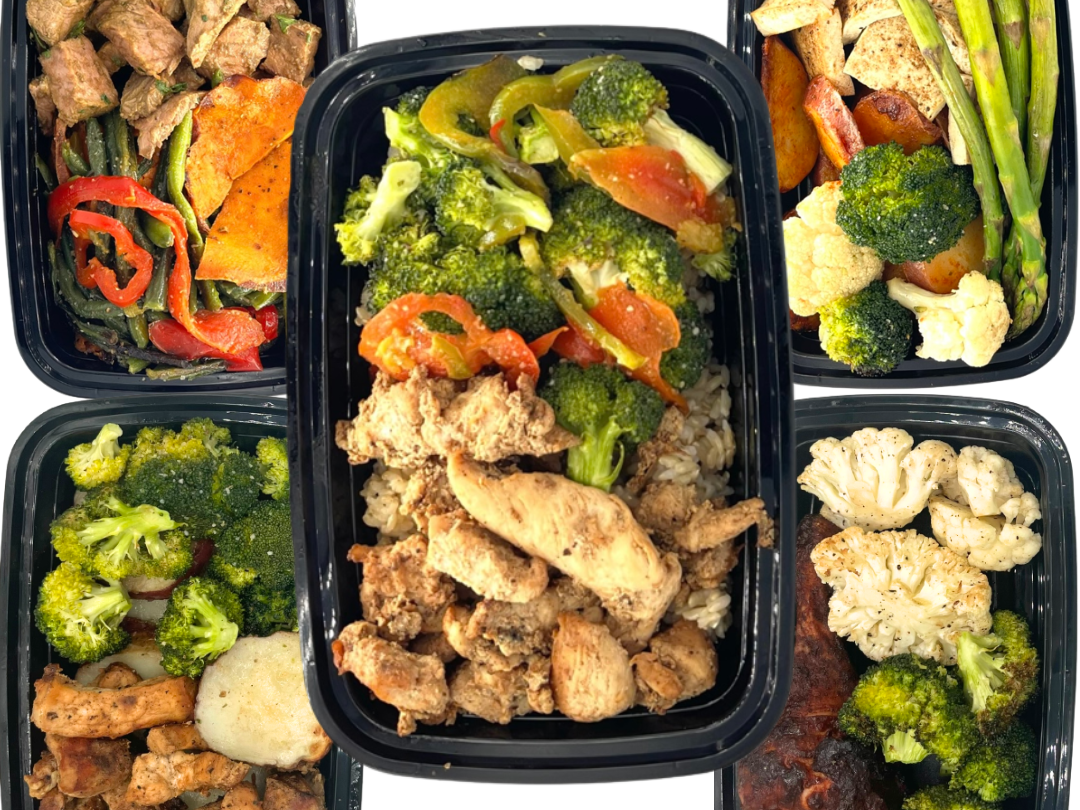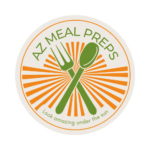Exploring The Healthiest Styles Of Diets
Exploring The Healthiest Styles Of Diets

In a world where dietary trends and fads come and go, it can be challenging to determine which eating style is the healthiest and most sustainable. Let’s delve into various diet styles, from keto to vegetarian, and examine their pros and cons.
The Ketogenic Diet:
Keto Pros:
- Initial Weight Loss: The ketogenic diet can lead to rapid initial weight loss due to its low-carb, high-fat nature. This can be motivating for those seeking quick results.
- Blood Sugar Control: Some individuals with diabetes or insulin resistance may benefit from improved blood sugar control on a keto diet.
Keto Cons:
- Lack of Sustainability: Maintaining ketosis over the long term can be challenging for many people, leading to a cycle of “yo-yo” dieting.
- Nutrient Deficiencies: The strict carb restriction in keto may lead to deficiencies in fiber, certain vitamins, and minerals. It can also be low in fruits and vegetables.
The Vegetarian Diet:
Vegetarian Pros:
- Heart Health: A well-balanced vegetarian diet can promote heart health by reducing saturated fat intake and increasing fiber from plant-based foods.
- Lower Risk of Chronic Diseases: Vegetarian diets are associated with a lower risk of chronic diseases, including type 2 diabetes and certain types of cancer.
Vegetarian Cons:
- Nutrient Deficiencies: Vegetarians may need to pay special attention to nutrients like iron, vitamin B12, and omega-3 fatty acids, which are less abundant in plant-based foods.
- Protein Sources: Ensuring an adequate intake of protein can be more challenging for vegetarians, particularly if they don’t incorporate diverse plant-based protein sources.
Other Diet Styles:
Paleo Diet:
Pros:
- Emphasizes whole foods and eliminates processed items.
- High in protein, which can aid in satiety.
Cons:
- Eliminates entire food groups like grains and dairy.
- May be challenging for vegetarians or those with certain dietary restrictions.
Mediterranean Diet:
Pros:
- Rich in heart-healthy fats like olive oil and nuts.
- Emphasizes a variety of fruits, vegetables, and whole grains.
Cons:
- Can be high in calories if portions aren’t controlled.
- May require a shift in cooking and eating habits.
The Healthiest Style of Diet: Finding Balance
The healthiest diet style is one that is balanced, sustainable, and tailored to your individual needs and preferences. Here are some key takeaways:
- Balance is Key: A balanced diet should include a variety of foods from all food groups, with an emphasis on whole, unprocessed options.
- Consider Sustainability: The most effective diet is one you can maintain over the long term. Rapid weight loss followed by weight gain is counterproductive.
- Individualization: Your ideal diet should consider your unique health needs, cultural preferences, and ethical beliefs.
- Seek Professional Guidance: If you have specific health concerns or dietary restrictions, consulting a registered dietitian or healthcare professional can provide personalized guidance.
In conclusion, while diets like keto or vegetarianism have their advantages, there’s no one-size-fits-all answer to what the healthiest style of diet is. It’s essential to consider your own health goals, preferences, and nutritional needs when choosing a diet. Remember that balance, sustainability, and individualization are key factors in achieving a healthy and satisfying eating pattern.


